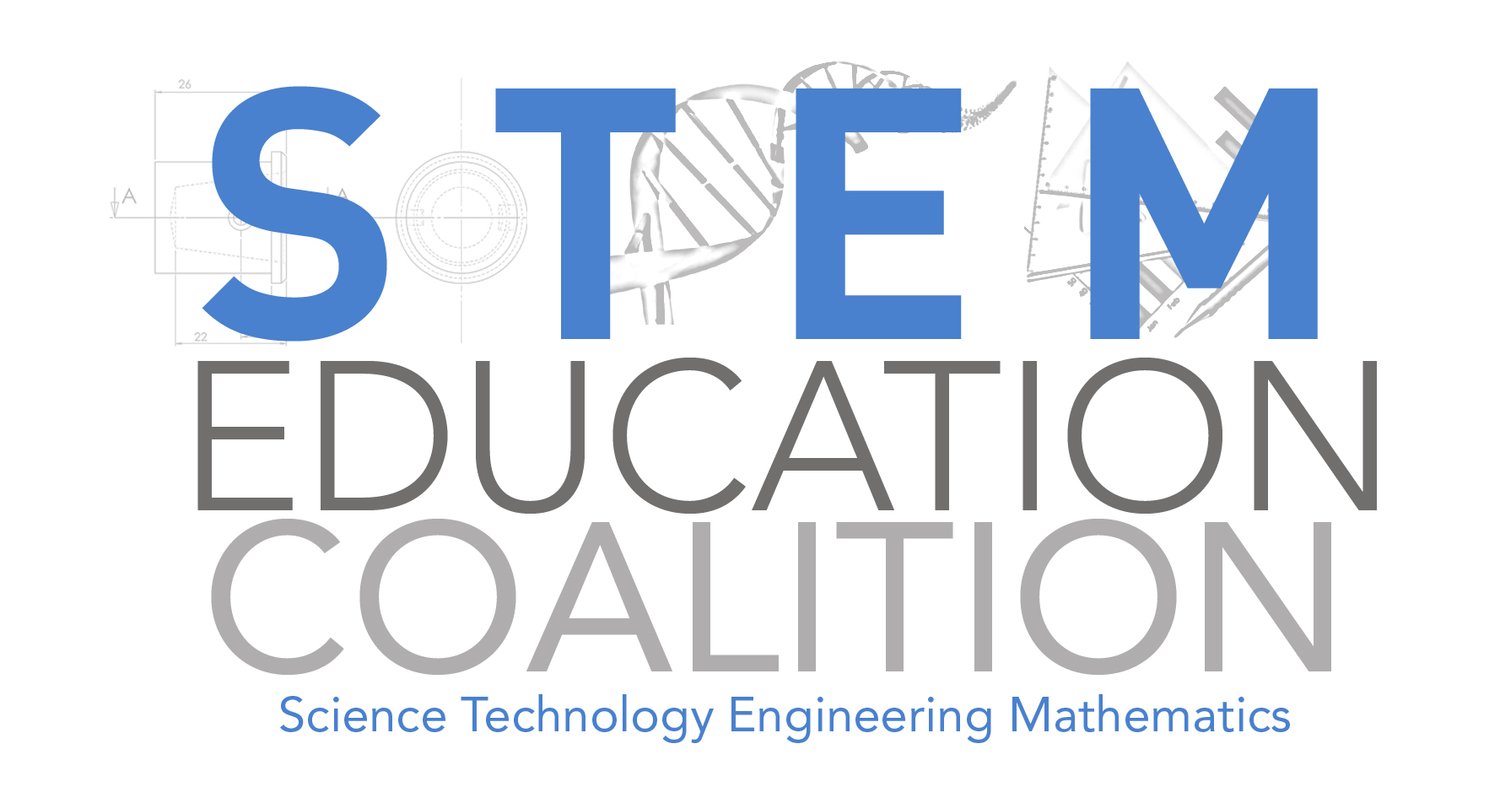Quotes on STEM Education from the 2/28 House Markup of ESEA Legislation
Quotes on STEM Education from the Markup of
H.R. 3989, “Student Success Act” and
H.R. 3990, “Encouraging Innovation and Effective Teachers Act”
February 28, 2012
Click here to see the full archived webcast
Rep. Bucshon (R-IN): “The STEM workforce is exploding and is expected to continue to grow well into the future. From 2000 to 2012, STEM jobs grew nearly 8%, from 2010 to 2018 that increase is expected to jump to nearly 17%. That is why STEM education is vital to the careers of the future and what better way to encourage student participation than by putting before them teachers who have a passion and experience within STEM fields. President Obama called for 100,000 new STEM teachers over the next ten years, now even though the President and I don’t agree on many things, on this we do agree that the importance of STEM education and putting those types of teachers in the classroom is paramount.”
Rep. Hinojosa (D-TX): “…This bill puts all the emphasis on what I love, which is STEM, but that’s after you have dominated the language, that you have become bilingual or trilingual or that you love reading and understand it and have a vocabulary and have a command of the language in order to be able to get college ready…
Rep. Holt (D-NJ): “…Science, it is not just another elective, you can comb through the Kline bills from page to hundreds, and you will not find the word science anywhere. It’s not just a matter of standing up to international competition; it is about providing a reasonable good quality of life for Americans. It is about learning to think critically and ask questions, and learning to deal with evidence, critically important to any person’s education.”
Rep. Biggert (R-IL): “I too believe in the STEM education and how important it is, one of the universities in my district, a rural university, has a STEM program and it is to make sure that the teachers have the substance of what they are teaching and I know that the president of the university said so many times that the teaching in the universities is how to teach, but what we really need to do is to have them know the subject matter that they are teaching and I think that that is provided in STEM education.”
Rep. Woolsey (D-CA): “…In particular, science education is essential to pursue careers in the occupations that will matter most in the 21st century economy, not just in our country, but worldwide… Mr. Chairman, the message couldn’t be any clearer from Americas business community and the committee ought to listen to them, we need to be doing everything possible to make science education accessible to all students regardless of geography and social economic background so that they have the skills needed to compete in the 21st global economy, particularly girls and minorities that are underserved. Our future success as a nation requires that we educate all of our children, that we do a better job of educating them and this democratic substitute would reinstate the requirement that schools maintain science curriculums and ensure that students will be college and career ready in science and other essential subjects. So here we all are concerned about the rapid advancement in places such as China, and were sitting here debating whether schools should be required to teach science.”
Rep. Bishop (D-NY): “…I think it is terribly ill advised that HR 3990 removes the dedicated funding streams for STEM education, I also believe it is short sided that there is no support for recruitment or training of STEM teachers. I’m willing to bet that virtually all of us at one point or another have spoken in our districts about the need to improve STEM education in this country, it’s one of the most pressing needs we have with respect to both our K-12 education and our higher education system. The democratic substitute recognizes this need and it also incorporates section 5405, incorporates a bill that I have filed to create a STEM master teacher core program which would greatly facilitate the recruitment and retention of STEM teachers and a lot of research demonstrates that students gravitate to STEM fields based on the mentoring that their teachers provide and based on the extent to which teachers are able to get them excited.”
Rep. Holt (D-NJ): “As I pointed out earlier, the underlying bill would eliminate the only existing, dedicated, science education, STEM, education focused program, the math and science partnerships. The democratic substitute would create a comprehensive STEM education program, from the earliest years all the way through. The substitute bill would provide money to conduct needs assessment at a district level, would create a science master teacher core program, would take steps to retain science teachers, would have research based professional development, I could go on and on about the differences between the underlying bill, which is completely silent on science… I don’t need to go on about the international comparison tests and how other countries are passing our students by, I don’t need to go on about the difficulty in recruiting the kinds of science teachers that we need but let me talk about the one thing that deserves real emphasis, and that is providing support for the teachers that we have.”

